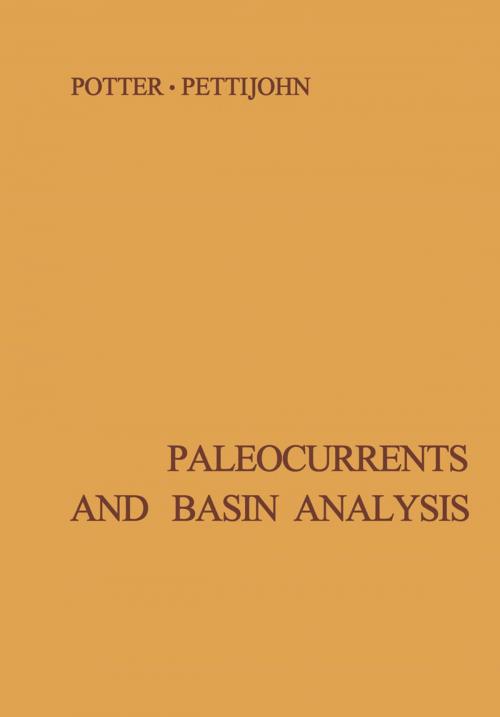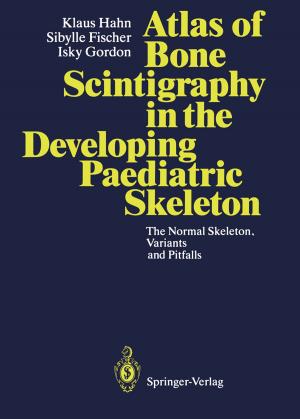| Author: | P. E. Potter, F. J. Pettijohn | ISBN: | 9783662010204 |
| Publisher: | Springer Berlin Heidelberg | Publication: | June 29, 2013 |
| Imprint: | Springer | Language: | English |
| Author: | P. E. Potter, F. J. Pettijohn |
| ISBN: | 9783662010204 |
| Publisher: | Springer Berlin Heidelberg |
| Publication: | June 29, 2013 |
| Imprint: | Springer |
| Language: | English |
In the past, interest in sedimentary structures has arisen mainly from the expectation that these features might be a guide to the environment of depo sition. But many sedimentary structures have also proved useful in determining stratigraphic order in nonfossiliferous, steeply inclined beds especially in Pre cambrian terranes. As the sequence problem has been reviewed at length by Shrock, it seemed to us, therefore, that the time is now ripe for a new look at sedimentary structures, not with respect to "top and bottom," but with reference to "fore and aft. " Much of the present-day interest in these structures stems from their usefulness in mapping of paleocurrents. A stage has been reached where there is need for a work which assembles, digests, and organizes our collective knowledge of the usefulness of directional properties of sediments and their application to basin analysis. This we have attempted to write. The desirability and need for such a book occurred to both of us independently. Upon discovering our mutual interest, we decided that a better book could be written by collaboration. Fortunately this collaboration became a reality because of support by the Guggenheim Foundation of one of us and the cooperation and support of The Johns Hopkins University of both of us. We acknowledge with thanks this indispensable aid.
In the past, interest in sedimentary structures has arisen mainly from the expectation that these features might be a guide to the environment of depo sition. But many sedimentary structures have also proved useful in determining stratigraphic order in nonfossiliferous, steeply inclined beds especially in Pre cambrian terranes. As the sequence problem has been reviewed at length by Shrock, it seemed to us, therefore, that the time is now ripe for a new look at sedimentary structures, not with respect to "top and bottom," but with reference to "fore and aft. " Much of the present-day interest in these structures stems from their usefulness in mapping of paleocurrents. A stage has been reached where there is need for a work which assembles, digests, and organizes our collective knowledge of the usefulness of directional properties of sediments and their application to basin analysis. This we have attempted to write. The desirability and need for such a book occurred to both of us independently. Upon discovering our mutual interest, we decided that a better book could be written by collaboration. Fortunately this collaboration became a reality because of support by the Guggenheim Foundation of one of us and the cooperation and support of The Johns Hopkins University of both of us. We acknowledge with thanks this indispensable aid.















